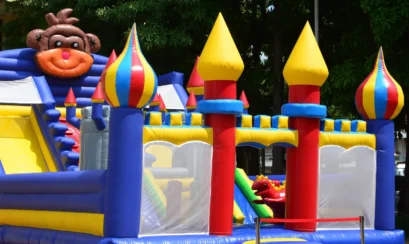Parents and grandparents are coming under increasing pressure to use their home to help the financial situation of their offspring by allowing them to plug into the asset of their home.
With soaring property prices, the house that senior citizens have paid off to relax in during their dotage can be very tempting to their children, who are desperate for support to buy their own home.
As a commercial lawyer and estate planning specialist at Stacks Law Firm, I have witnessed all sorts of legal and financial pitfalls that can develop if you change your home ownership structure in your senior years.
Pitfalls of going guarantor on someone else’s loan
You might want to help your children or grandchildren now, rather than leaving them your assets in your will.
You might think it is a good and generous idea to go guarantor on their loan, or add their names to the title on your home so that they don’t have to wait until they inherit in the will.
However, relationships don’t always last, financial circumstances can change and it might be costly to cover unforeseen health needs.
Don’t forget that going guarantor means entering into a legally binding contract to pay off someone else’s debts. Some elderly people are put under enormous pressure to sign such guarantees, but it is very important to get independent legal advice before signing.
You can lose your home and other assets if it goes wrong. (For more information please see Trouble at the bank of mum and dad – the horror story edition on family loans.)
What happens if your child or grandchild gets divorced?
What if a parent goes guarantor for a child to buy their own home or start a business, but the child ends up broke or divorced? Would your child’s former partner be able to claim a portion of the value of the home? Could creditors come knocking for the parents’ assets because they had gone guarantor?
I have seen many senior citizens land in dire situations because they did not get proper legal advice on how they can protect themselves in all eventualities when using their home to assist their children financially. It is vital to document the arrangement properly, especially if there are other children who might seek to challenge the arrangement once they see the will.
Unintended effects of adding someone’s name to the title of your house
Some elderly people have been persuaded to add a child or grandchild’s name to the title of their home to avoid potential challenges to the will. This may not work. Also, it could fall foul of Centrelink’s gifting rules, and they could lose part of their pension for a while. The new part-owner might also have to pay stamp duty on their share of the home’s value.
Above all, remember that this is a financial transaction, not a declaration of love.















